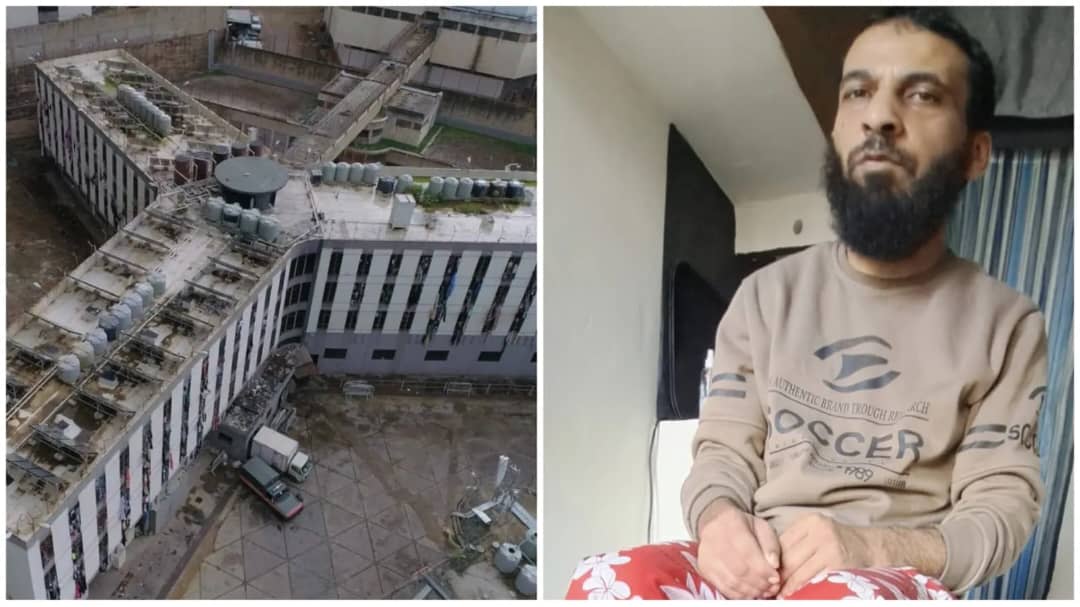The Death of Syrian Detainee Osama Al-Jaour in Lebanese Roumieh Prison After Years of Suffering and Medical Neglect

Syrian detainee Osama Al-Jaour, originally from the city of Qusayr in the Homs countryside, passed away inside Roumieh prison in Lebanon after years of detention under harsh conditions, according to what activists mourned on social media.
Al-Jaour was arrested due to his support for the Syrian opposition, where he moved between Lebanese security branches before being transferred to Roumieh prison, one of the worst prisons in the country. During his detention, he faced difficult conditions marked by "empty promises from lawyers and extortion by file brokers," while his family made strenuous efforts to save him in vain.
In 2019, former military judge Hussein A. issued a harsh ruling against him of life imprisonment with hard labor, a step that those close to him described as "a bullet that extinguished half of his life." At that time, Al-Jaour was in his mid-thirties, enjoying good physical and mental health, but his condition gradually deteriorated after the ruling due to psychological trauma.
By 2023, he exhibited severe neurological symptoms, including "persistent tremors and severe weakness in physical structure," to the point where he became unable to walk or secure his daily needs without assistance. His condition worsened due to medical neglect, necessitating a constant companion, with some Syrian prisoners volunteering to care for him.
In recent months, his mental state deteriorated, and he was transferred to "the blue house," a section designated for psychiatric patients in Roumieh prison, which is described as lacking "the most basic standards of humane treatment." There, neglect and illness ended his journey, leading to his silent death, far from any media attention.
In a related context, the families of Syrian detainees organized a silent protest at the Al-Joussieh border crossing, carrying flags of the Syrian revolution and banners demanding the release of their relatives in Roumieh prison. Participants in the protest told media outlets that they chose silence this time after they had "spoken repeatedly without response."
Roumieh prison suffers from "catastrophic health conditions," according to human rights sources, where diseases such as cholera, typhoid, and swine flu are prevalent, in addition to severe skin infections due to medical neglect. The sources confirmed that the prison's health facilities are experiencing "a near-total collapse in hygiene conditions," with severe overcrowding in the cells and a lack of basic medical care, turning parts of it into "closed epidemic hotspots."
The story of Osama Al-Jaour remains one of dozens of cases documenting the suffering of Syrian detainees in Lebanon, amid urgent calls from human rights organizations to save the survivors before it is too late.